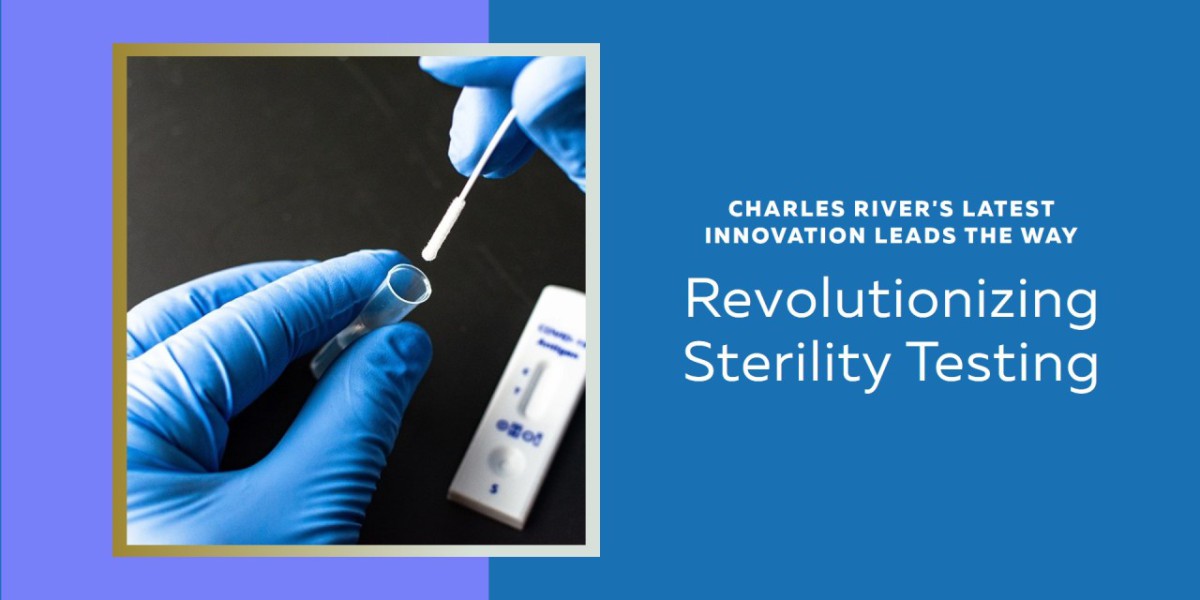Rapid Sterility Testing Market: A Deep Dive into Membrane Filtration and ATP Bioluminescence
What are the Key Technologies Driving the Rapid Sterility Testing Market?
The rapid sterility testing market is experiencing significant growth, driven by the increasing demand for faster, more efficient, and accurate methods to ensure product sterility. Two primary technologies, membrane filtration, and ATP bioluminescence, have emerged as key players in this space.
Membrane filtration is a traditional method that has been refined for rapid applications. It involves filtering a sample through a membrane, incubating it, and then examining for microbial growth. Recent advancements in membrane materials, incubation conditions, and detection methods have accelerated the process significantly.
ATP bioluminescence is a relatively newer technique that measures the presence of adenosine triphosphate (ATP), an energy molecule found in all living cells. By detecting ATP, it provides a rapid indication of microbial contamination. Continuous innovations in reagent formulations and instrument sensitivity have expanded the application of this technology.
Who are the Key Players in the Rapid Sterility Testing Market?
Several industry giants are at the forefront of developing and commercializing rapid sterility testing solutions.
- Charles River Laboratories, Inc.: A leading provider of early-stage drug development and safety assessment services, Charles River offers a range of rapid microbial methods, including membrane filtration and ATP bioluminescence.
- Merck KGaA: A global science and technology company, Merck provides a comprehensive portfolio of microbiology products, including rapid sterility testing solutions based on membrane filtration and other technologies.
- Rapid Micro Biosystems, Inc.: This company specializes in rapid microbial detection systems, focusing on innovative technologies to accelerate time-to-result for sterility testing.
- bioMérieux: A world leader in the field of in vitro diagnostics, bioMérieux offers a variety of rapid microbial methods, including membrane filtration and ATP bioluminescence.
- Sartorius AG: With a strong focus on laboratory and process filtration, Sartorius provides high-quality membrane filters for use in rapid sterility testing.
- Thermo Fisher Scientific: A global leader in serving science, Thermo Fisher offers a wide range of products and services for microbial control, including rapid sterility testing solutions.
- Eurofins Scientific: An international leader in testing and laboratory services, Eurofins provides a comprehensive portfolio of microbiology testing services, including rapid sterility testing.
- Becton, Dickinson, and Company (BD): A leading global medical technology company, BD offers a range of products for infection prevention and control, including rapid microbial detection systems.
- FOCUS Laboratories: A specialized microbiology laboratory, FOCUS Laboratories offers rapid sterility testing services and consulting.
- Gibraltar Laboratories: Another specialized microbiology laboratory, Gibraltar Laboratories provides rapid sterility testing services and support.
What are the Latest Innovations in Rapid Sterility Testing?
The rapid sterility testing market is characterized by continuous innovation. Some of the latest trends include:
- Automation: Integration of robotics and automation to streamline the testing process and reduce manual labor.
- Miniaturization: Development of smaller, portable devices for on-site testing and point-of-care applications.
- Data analytics: Utilization of data analytics to improve process efficiency and predictive modeling.
- Novel detection methods: Exploration of alternative detection technologies beyond traditional methods to enhance sensitivity and specificity.
For instance, Rapid Micro Biosystems has introduced the Growth Direct system, which combines automated sample preparation with real-time impedance monitoring for rapid microbial detection. Similarly, bioMérieux has developed the VIDAS range of rapid microbial detection systems based on immunoassay technology.
What is the Future Outlook for the Rapid Sterility Testing Market?
The rapid sterility testing market is poised for significant growth driven by factors such as increasing regulatory pressure, rising patient safety concerns, and the growing demand for faster time-to-market for pharmaceutical and biotech products. The adoption of advanced technologies, coupled with the expanding application areas, is expected to drive market expansion.
However, challenges such as the need for standardized methods, cost considerations, and the complexity of certain sample matrices may hinder market growth to some extent.
The rapid sterility testing market is a dynamic landscape characterized by technological advancements and increasing industry adoption. By understanding the key players, technologies, and market trends, investors can make informed decisions about their investment strategies.
For more information visit at MarketResearchFuture
Other Trending Reports


